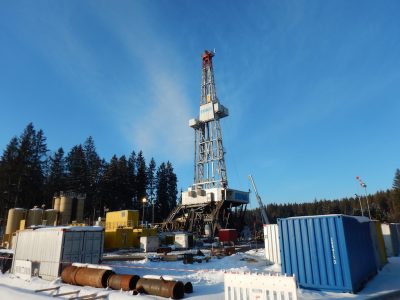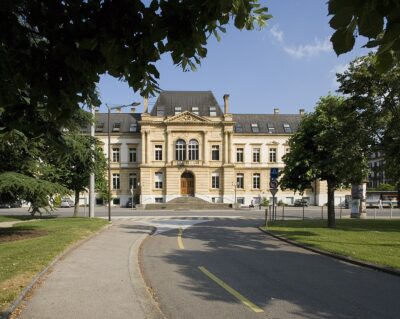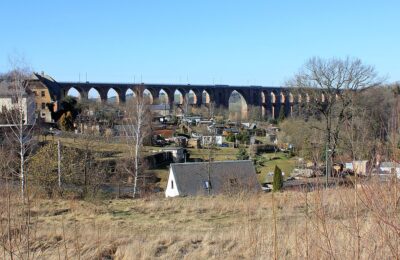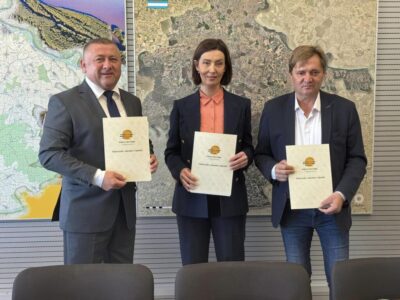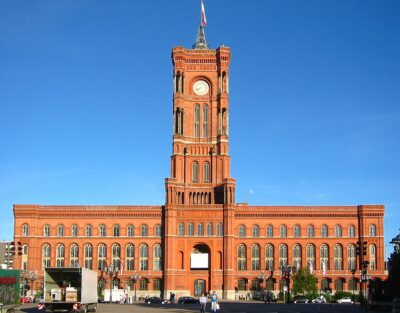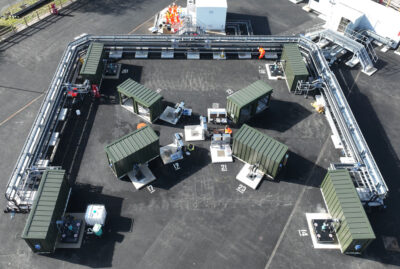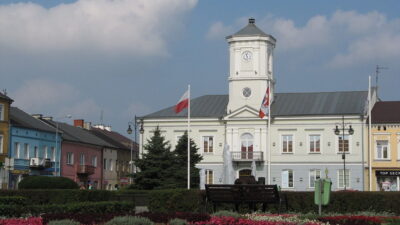Research on deep geothermal energy for heating across North-West Europe
A consortium of ten companies in the border region of Germany, Belgium and the Netherlands has started work on a EUR 18.7m EU-funded research project exploring deep geothermal energy as potential heat resource for the region.
Ten companies and research institutes from the Netherlands, Germany and Belgium are starting a large-scale search for the potential of deep geothermal energy (geothermal energy) in the border region of the three countries.
The DGE-Rollout project costs EUR 18.7 million ($21.3 million) and should result in the construction of heating networks. In Belgium the research is done in Wallonia and Limburg, especially in Genk, Bree and Lommel. The province of Limburg grants a subsidy of EUR 126,000 for the project.
The exploration of “deep geothermal energy” in most North-West Europe (NWE) regions requires specific expertise and technologies in the complex geological situations (strongly faulted high permeable carbonates and coarse clastic rocks) that lie across the borders between Germany, France, the Netherlands and Belgium.
It is the objective of DGE-Rollout to produce energy and reduce CO2 emissions by replacing fossil fuels through the increased usage of DGE in NWE for large-scale infrastructures requiring high-temperature heat supplies to cover their basic energy loads. This will be achieved by mapping and networking (WPT1), by the application of innovative decision, exploration strategies (WPT2) and testing for production optimization (WPT3).
In two pilots (Balmatt, Belgium; Bochum, Germany) production optimization will be tested by implementing high-temperature heat pumps and new cascading schemes from high (>100°C, big network) to low tempatures (>50°C, single enterprise) and to gain a CO2 reduction of 25 000 t/a.
By realising further plants in Germany, France, Belgium and the Netherlands this will reach up to 160 000 t/a until 2022. It is estimated that 10 years after the project’s end, at least 1 600 000 t/a reduction will have been achieved. In the long term, it is expected to reach up to 7 000 000 t/a.
Further activities will apply innovative decision and exploration strategies that cost less, reduce risks, are more reliable and will show a 3D Atlas of the complex geological situation as the spatial basis usable for DGE. To set the stage for increased public acceptance of DGE, tools, planning and legal conditions need to be evaluated and business models for enterprises undertaken. A network/cluster “NWE-DGE” will be set up to sustain the outputs and investments in the long term roll-out after the end of the project.
Partnership organisations are:
- DMT GmbH & Co. KG
- EBN B.V.
- Royal Belgian Institute for Natural Sciences
- International Geothermal Centre, Bochum University of Applied Sciences
- RWE Power AG
- The Netherlands Organisation for Applied Scientific Research
- Technische Universität Darmstadt
- Flemish Institute for Technological Research
- French geological survey
Source: NW Europe, Nieuwsblad












